The Economic Community of West African States (ECOWAS) has announced a $38 million grant to support Small and Medium-Sized Enterprises (SMEs) in its member states, with an additional $140 million loan to be provided to solar-powered SMEs. This initiative is aimed at promoting sustainable electricity access and boosting economic development in the region.
ECOWAS Chairman, President Bola Ahmed Tinubu, made this announcement at the Sixth Mid-Year Coordination Meeting of the African Union (AU) in Accra, Ghana. The grant is part of the region’s efforts to promote economic integration and self-sufficiency in West Africa.
In addition to the grant, ECOWAS has also made significant progress in other areas, including environmental governance, food security, and climate change mitigation. The region has supported its member states in implementing the Paris Agreement and establishing a regional carbon market, and has also launched a project to promote climate-smart agriculture.
Tinubu highlighted the region’s achievements in supporting member states in ratifying international agreements, including the World Trade Organisation (WTO) Fisheries Subsidies Agreement and the African Continental Free Trade Area (AfCFTA) agreement. He also emphasized the importance of regional integration, citing the operationalization of the ECOWAS interconnected System for the Management of Goods in Transit (SIGMAT) in 12 member states.
On security matters, Tinubu confirmed that ECOWAS had received $4 million in support from international partners to combat terrorism. The region has also made significant strides in education, including the establishment of the West African Network of National Academies of Sciences and the African Forum for Research and Innovation.
The ECOWAS chairman also touched on health issues, including the region’s continued support for women with obstetric fistula and the empowerment of women entrepreneurs in agribusiness. He emphasized the importance of gender equality in education and the green economy.
In terms of energy and infrastructure development, ECOWAS is advancing electrification efforts in The Gambia, Guinea Bissau, and Mali through the ECOWAS-Regional Electricity Access Project (ECOREAP). The region is also implementing the Regional Off-Grid Electricity Access Project (ROGEAP), which aims to provide electricity access to over 400 SMEs in 13 countries.
Despite facing several challenges, including withdrawal of member states, geopolitical rivalries, terrorism, food insecurity, climate change, and misinformation and disinformation, ECOWAS remains committed to promoting regional integration and cooperation. President Tinubu concluded by emphasizing the importance of dialogue and collaboration with other African regional communities to strengthen continental integration.
On the sidelines of the AU meeting, Tinubu held a bilateral meeting with Djibouti President Ismail Omar Guelleh, where they discussed development concerns and common challenges facing their countries. They agreed to continue working together to advance bilateral interests.





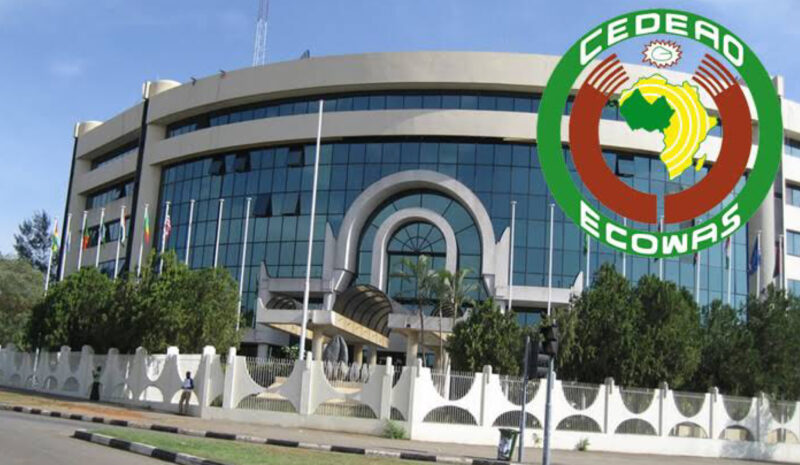
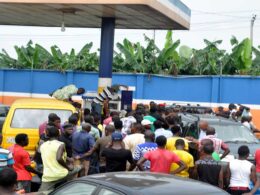
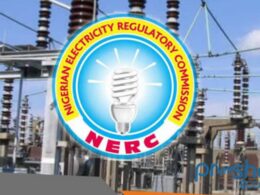
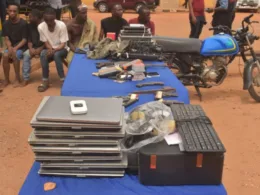
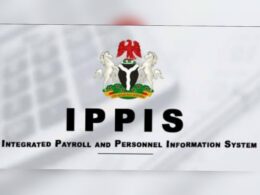
Join our Channel...